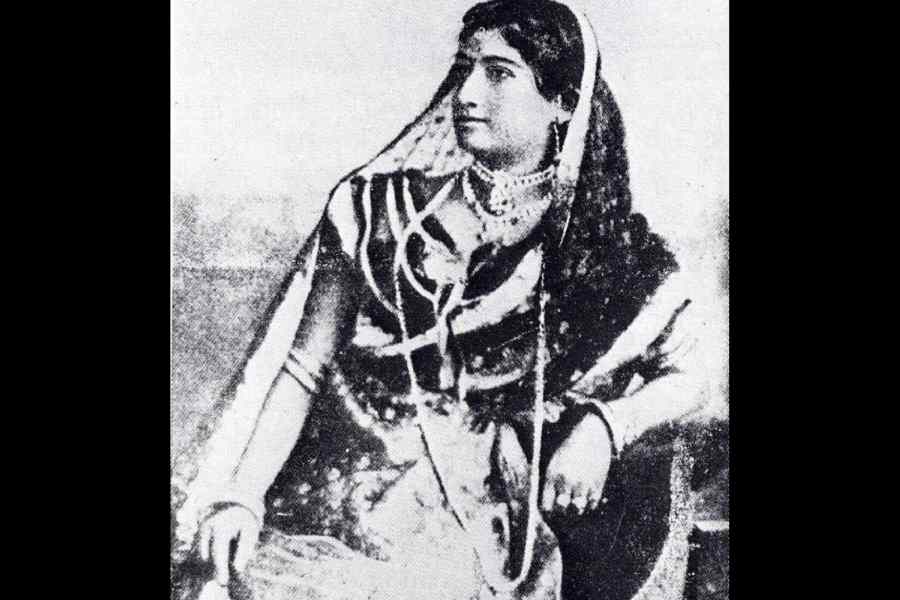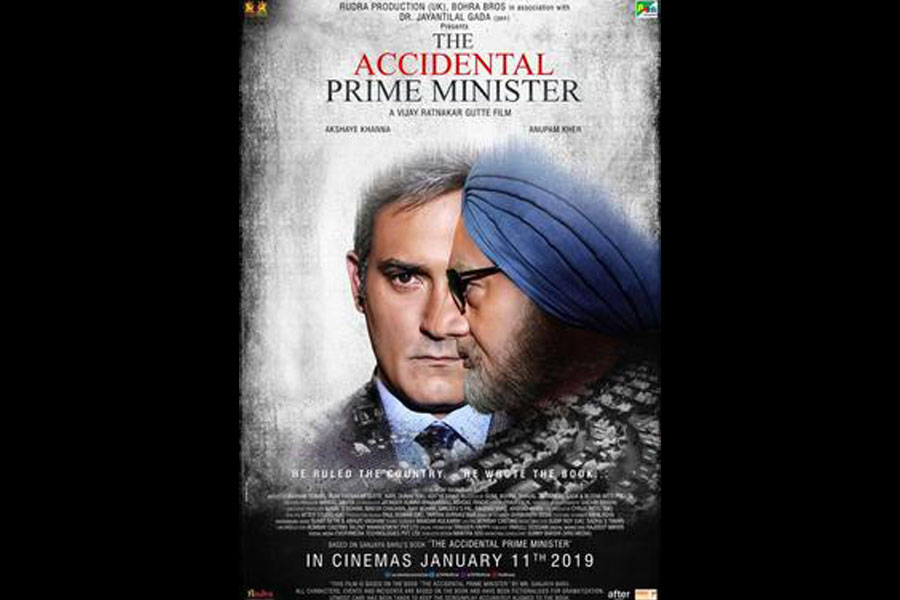WOMEN AND THE ROMANCE OF THE WORD: 19TH CENTURY CONTEXTS IN BENGAL
By Sreemati Mukherjee
Bloomsbury, Rs 1,599
Sreemati Mukherjee’s exploration of 19th-century Bengal’s literary historiography is a compelling narrative that delves into how women subverted and transcended cultural norms, redefining notions of agency and power. Influences such as Mary Wollstonecraft's A Vindication of the Rights of Woman (1792) and James Mill's The History of British India (1817) inspired the male intelligentsia, paving the way for a renaissance of women’s spirits in literature, culture, society, and politics. This period marked a defining moment in Indian history, particularly for Bengali women.
Traditionally, writing in polemics, travel writing, and autobiography were domains reserved for learned men. However, Kailashbasini Devi’s Hindu Mahilaganer Heenabastha (The Woeful Plight of Hindu Women, 1863), Rassundari Devi’s autobiography, Amar Jiban (My Life, 1876), Binodini Dasi’s Amar Katha (My Words, 1913), and Krishnabhabini Das’s travelogue, Englande Banga Mahila (A Bengali Woman in England, 1885), disrupted established literary traditions. These texts mark the emergence of Bengali women as the authors of their own histories.
Mukherjee’s work is not just an examination of these texts but also an exploration of broader questions. What is an autobiography? What does it reveal about social conditions and the stature that made it possible? Mukherjee terms this period as marking the “inaugural moment in outstanding efflorescence” in women’s writing. The four texts she discusses are not merely representations of women's lives but have influenced and inspired generations since. Their works grant courage and faith to women to chart their literary histories, embark on their quests for knowledge and self-realisation, unencumbered by gendered upbringings, towards genuine self-actualisation and articulation of experiences.
A notable aspect of women's writing during this period is in the realm of performance studies. Binodini Dasi’s meticulous accounts of theatre practice — her engagement with dramatic works of both the East (Sri Chaitanya) and the West (Shakespeare) — are significant. Her narratives highlight the struggle to overcome societal shackles, especially for those occupying the margins of society.
Mukherjee's work also sheds light on the dichotomy faced by women trapped in and deprived by the nexus of religion, caste, and society contrasted with the more positive influences of British women who enjoyed freedoms of thought, speech, mobility, and writing. This autonomy, once reserved for men, began to be extended to women through the pioneering efforts of figures like Kailashbasini Devi, Rassundari Devi, Krishnabhabini Das, and Binodini Dasi (more popularly known as Noti Binodini); the latter two had different moulds and sensibilities influenced by their privileges and opportunities for learning.
Mukherjee’s book ensures that these incredible voices and stories do not get buried in the annals of history. While those without a background in literary studies and exposure to critical theory might find the text conceptually dense, Mukherjee's narrative is gripping, filled with human stories that are awe-inspiring and that serve as a testament to the spirit of human resilience and determination. The book is a tribute to the enduring strength of women who dared to defy the norms of their time.











